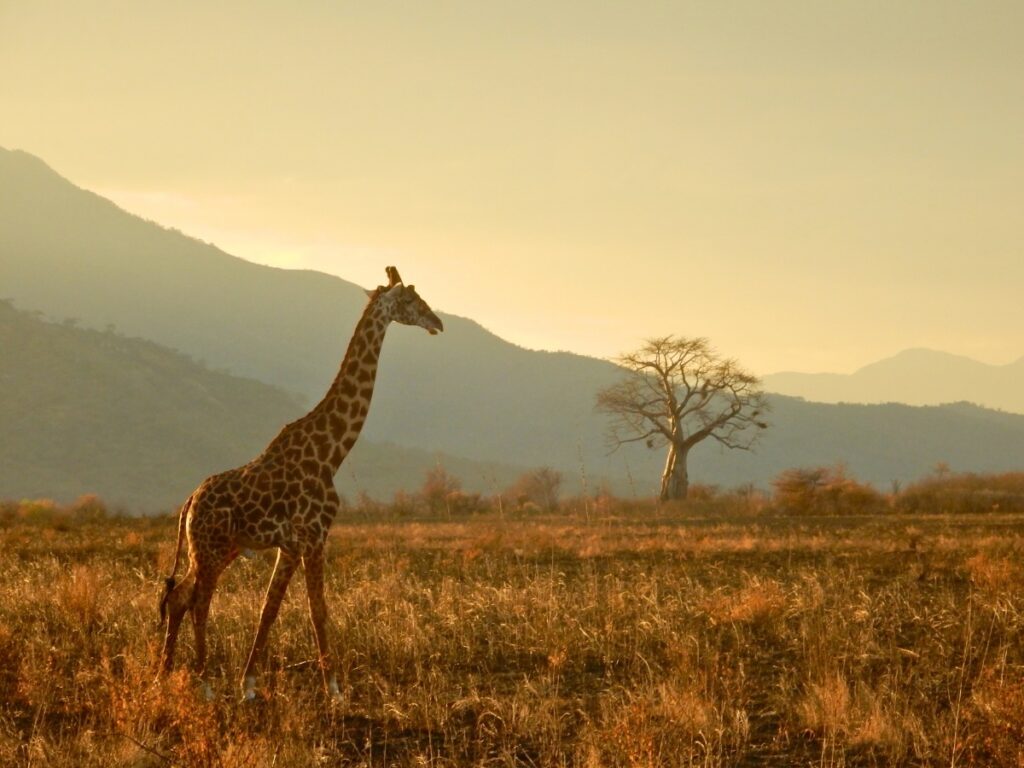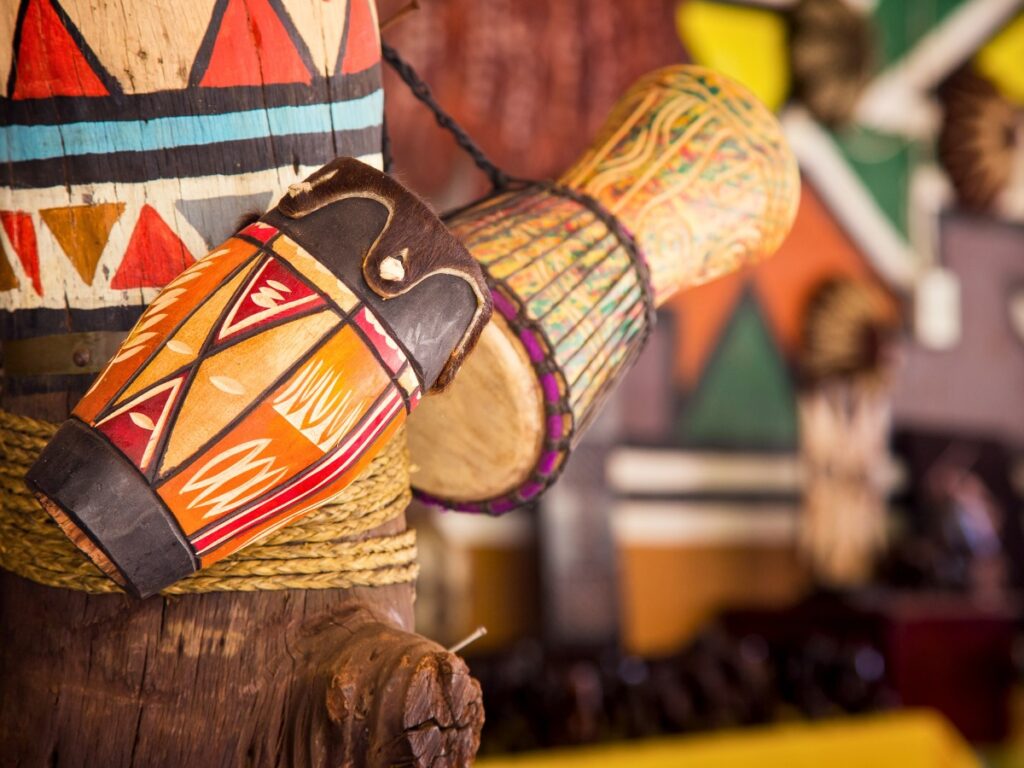
Swahili is the primary African language in Sub-Saharan Africa and is widely spoken across countries like Tanzania, Kenya, Uganda, Rwanda, Burundi, and Comoros. It serves as the national language of Tanzania and Kenya. The term “Swahili” originates from Arabic, “sawāḥilī,” signifying “of the coast.” This blend of Swahili with Arabic reflects the deep interaction between Arabian traders and East African societies, highlighting the language’s adaptability.
At One Nature, we explore this linguistic landscape beyond the iconic ‘Hakuna Matata,’ unraveling the essential phrases to learn for your African safari.

Swahili, a language with significant Arab influence, originated as a bridge among Bantu-speaking tribal groups. Around 3,000 years ago, the proto-Bantu language group migrated eastward, introducing Bantu peoples to central, southern, and southeastern Africa. Initially a language for mercantile exchanges, Swahili expanded through Caravan routes and European colonization.
Originally in Arabic script, it transitioned to the Latin alphabet, absorbing Portuguese, English, and German terms during colonial times. Designated “standard Swahili” in 1930, it maintains various dialects, from Zanzibar’s kiunguja to Tanzanian kimrima and Congolese kingwana. Swahili plays a pivotal role in East Africa’s cultural identity by being adopted by Tanzania as an official language alongside English.

Swahili culture is diverse due to many influences evident in its culinary delights, art, and music. Swahili cuisine tantalizes with dishes like samosas, fish, fragrant rice, and spices, influenced by the Indian and Arabic cultures. The multicultural essence of Swahili art, furniture, and architecture shines through intricate patterns and shapes, exemplified by the Kanga. This colorful garment, cherished by men and women in East African households, mirrors cultural expression. Another form of cultural expression is music. Taarab is music that blends Arab and Indian melodies with Western instruments like the violin and guitar.

Explore common Swahili words and phrases with One Nature. We will equip readers to greet and navigate basic conversation while traveling East Africa.